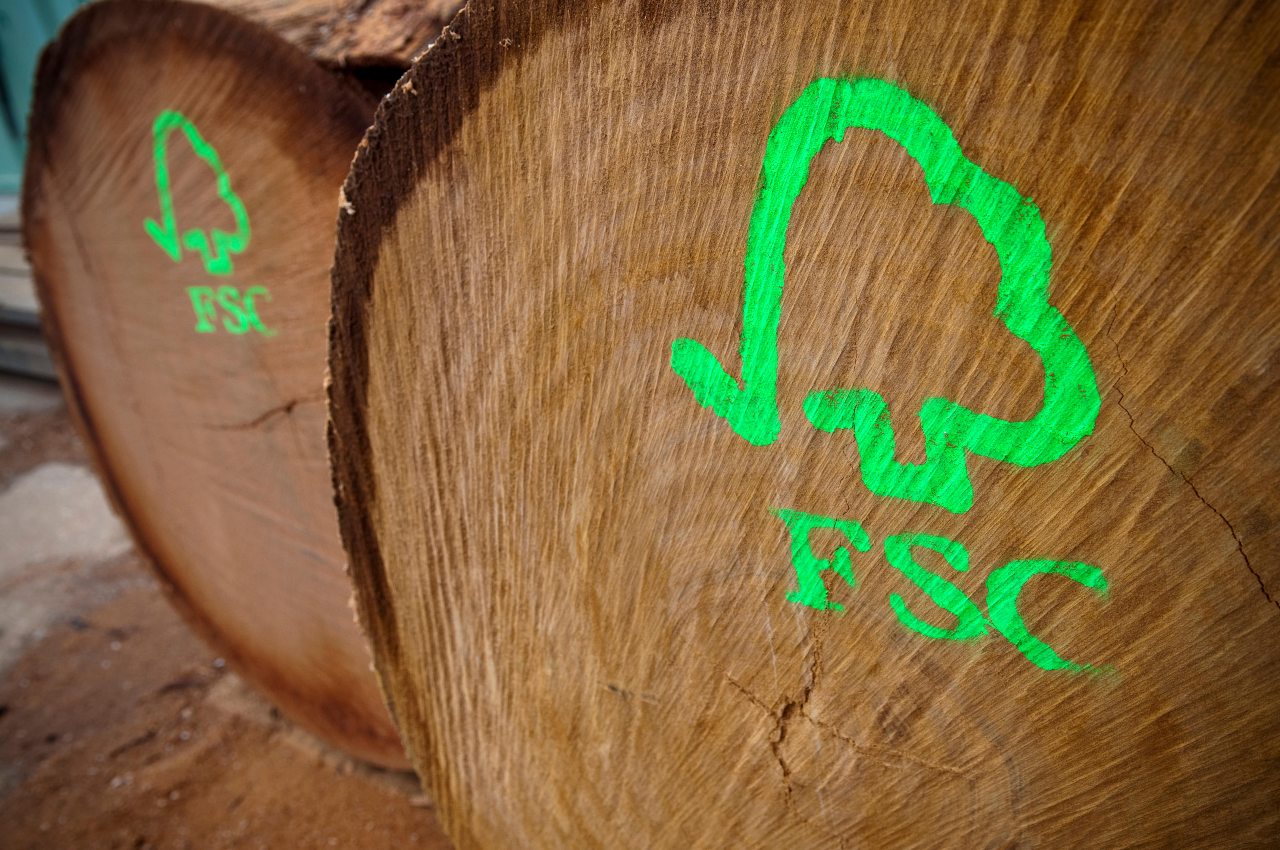
Aerial view of recent land clearing by PT. Agra Bumi Niaga in East Aceh, Indonesia
Some of the world’s biggest companies including Pepsico,
Mars, Unilever and Nestlé may have sourced palm oil from illegally deforested
land on the Indonesian island of Sumatra.
A study by
the Rainforest Action Network (RAN) used satellite data, photographic evidence
and GPS coordinates to chart ongoing illegal clearances of primary rainforest
in the Leuser ecosystem, in contravention of a moratorium imposed on
deforestation of the 2.6m hectare wilderness in June last year.
The study shows how palm oil grown on land that was
illegally cleared by the logging company PT Agra Bumi Niaga (ABN) may have
ended up in the products of some of the world’s biggest brands. It pinpoints
that ABN illegally cleared 336 hectares of rainforest between June 2016 and
April 2017, part of a corridor of lowland forest essential for the survival of
critically endangered Sumatran elephants.
PT ABN delivers fruit to nearby crude palm oil processing
mills owned by PT Koperasi Prima Jasa (KPJ) and PT Ensem Sawita (ES), which
sell on to some of the world’s biggest palm oil traders, including Wilmar and
Musim Mas.
Unilever admitted
to the Guardian that it had indirectly bought palm oil from PT ABN
through Wilmar and Musim Mas, saying it had requested an “action plan” from the
palm oil giants. Nestlé said that it was investigating the allegations with
Wilmar, which is sending a team to assess whether other sources in its supply
chain were using palm oil originating in PT ABN’s 2,000-hectare concession.
Mars and Kellogg’s stressed their sustainable palm oil policies, while McDonald’s
denied any links to PT ABN. Cargill and Musim Mas said they were investigating
the reports.
Most of the firms implicated have sustainability policies
that highlight the importance of traceable supply chains. PepsiCo’s
sustainability policy aims to establish “clear agreements with customers,
suppliers, and sub-contracted producers.” Unilever’s Sustainable Living Plan
states the firm is “committed to sourcing 100% of agricultural raw materials
sustainably […] Knowing where our raw materials come from enables us to work
with others to co-create responsible standards.” Nestlé has a Responsible
Sourcing Traceability Programme which “promotes transparency in our extended
supply chains back to the farm or feedstock, implementing our commitments on
no-deforestation.”
Leuser is among the world’s most biodiverse ecosystems,
encompassing 6.5 million acres of lowland tropical rainforest, peatlands and
mountains.
In response to deforestation within Leuser, Indonesian
President Joko Widodo announced a moratorium on new palm oil permits in April
2016. Two months later, the governor of Aceh ordered palm oil companies to
cease all forest clearances. RAN’s investigation indicates that ABN has
illegally cleared another 336 hectares of rainforest since June 2016.



